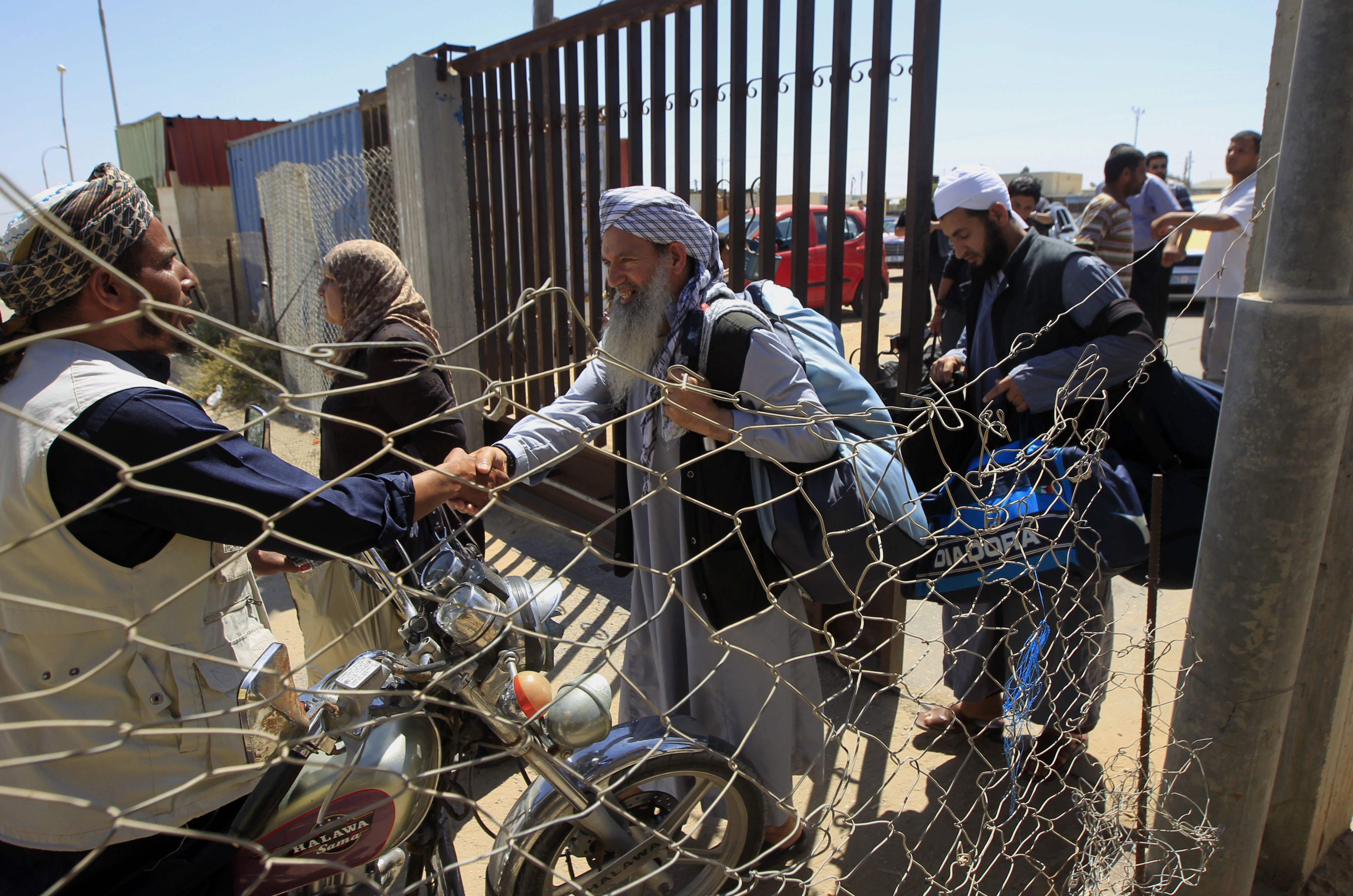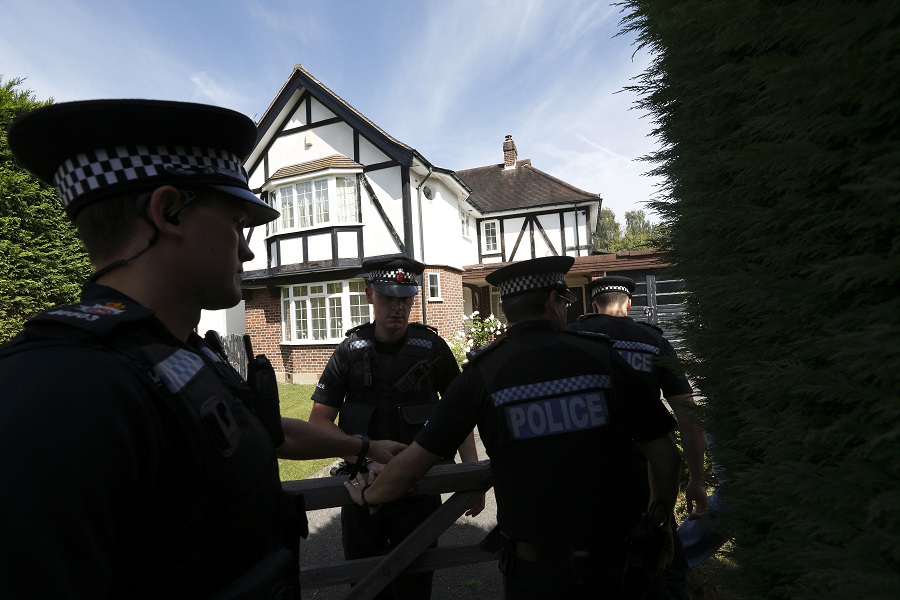Egyptian authorities will open the Rafah border crossing Thursday for one day only to allow ‘stranded’ Palestinians to return to the Gaza Strip, state media reported.
The ‘Border and Passageway Organisation’ in Gaza announced that Egyptian authorities will open the border partially in one direction, for the specified duration.
However, the organisation added that it has no information regarding the possibility of re-opening the crossing to allow passage in both directions.
On Tuesday, 43 Palestinians arrived in Cairo International Airport from various countries, to be later transported to the Rafah border crossing, with more Palestinians expected to arrive in the coming hours following the announcement of the crossing’s opening, state-owned newspaper Al-Ahram reported.
The Rafah border was opened for three days starting 7 October to allow the crossing of 2,400 Palestinian pilgrims to the Gaza Strip. The first day of its opening witnessed the passage of 1,509 Palestinian pilgrims, as well as the transfer of 25 tonnes of cement for reconstruction purposes, state-owned Al-Ahram reported.
President Abdel Fattah Al-Sisi met with his Palestinian counterpart, Mahmoud Abbas, on 26 September in New York, and discussed the situation in Gaza and border measures.
During the meeting, Al-Sisi outlined the necessity of the Palestinian Authority’s return to the Gaza Strip, and the need for it to be in control of border crossings, and added that the return would provide better access for Palestinians, in terms of services and the transfer of goods.
The border has been officially closed since 24 October 2014, following attacks at the Qarm Al-Qawadis checkpoint by “State of Sinai”, which killed at least 33 military personnel. Since the attacks, the crossing has only been opened in exceptional cases, or to allow humanitarian cases to pass.
The Ministry of National Security in Gaza had recently contacted the Egyptian authorities to open the border to save Palestinians from the “disastrous situation” they are facing in Gaza, as tensions are increasing between Palestinians and Israeli settlers all over the occupied territories.

